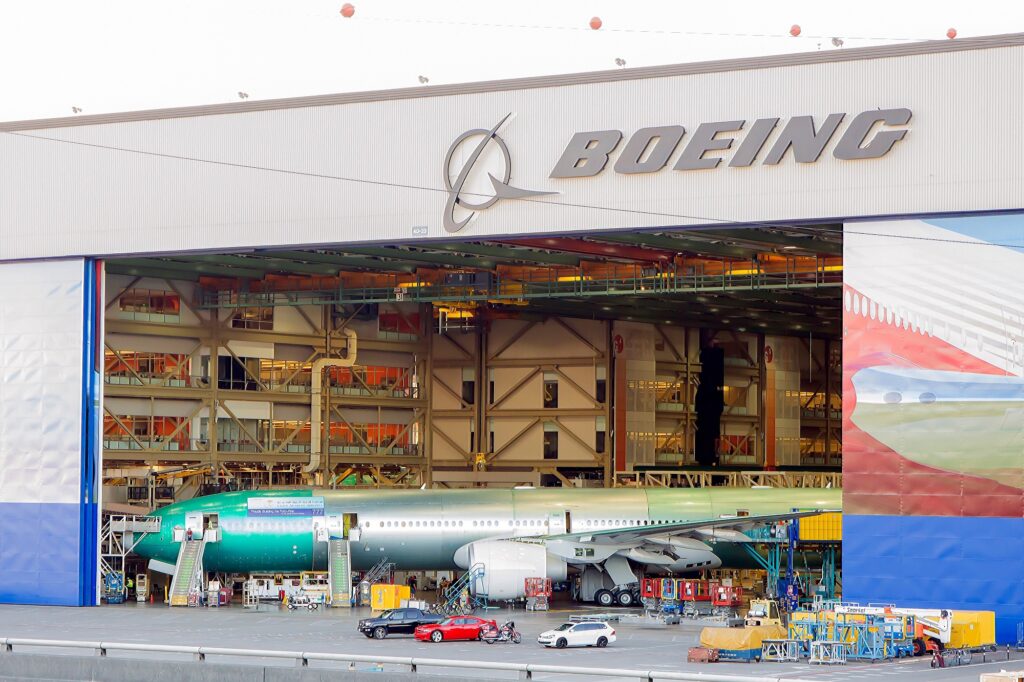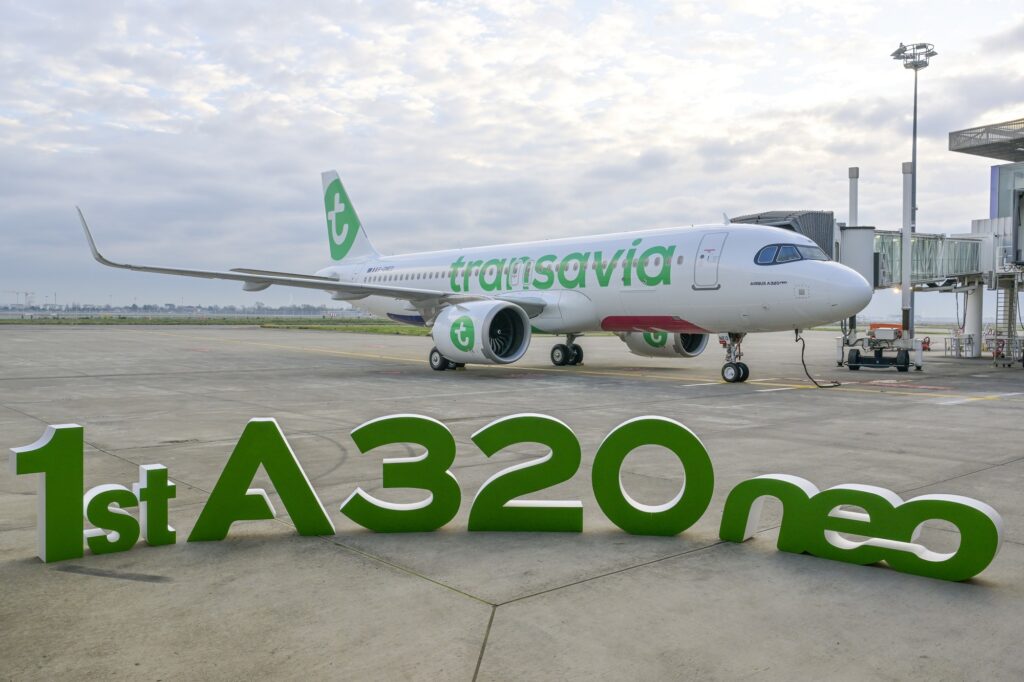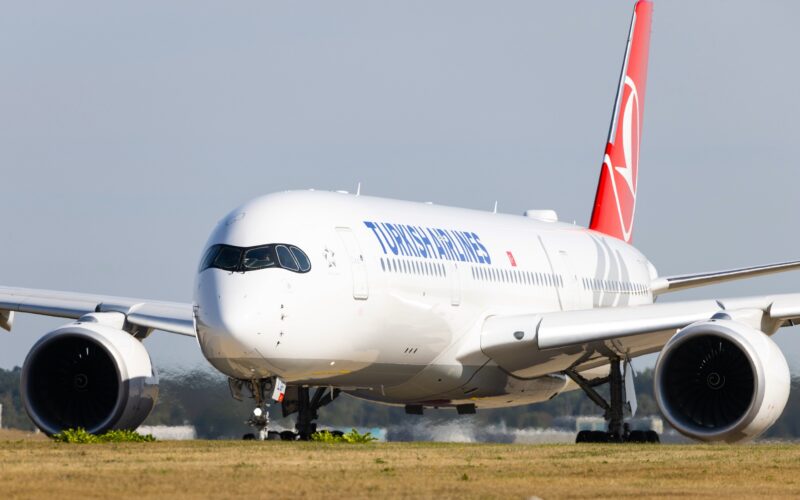The “big two” commercial aircraft manufacturers, Boeing and Airbus, have published their latest delivery figures relating to the first quarter of 2024 (1Q24). While deliveries of new aircraft continue apace, airlines struggle to keep up with soaring demand. Additionally, thereremains obstacles for both companies that are being forced to keep supply levels lower than either would ideally like.
Boeing figures for the first quarter of 2024 show a sharp decline in commercial aircraft deliveries, attributable largely to the slowing of production following the Alaska Airlines Boeing 737 MAX 9 blowout incident in January 2024 and the subsequent investigative process and safety audits that have resulted.
The US aerospace giant delivered 83 commercial planes to customers in 1Q24 which included 67 737s, three 767s, and 13 787 Dreamliners. These numbers, although seemingly impressive, actually reflect a significant slowdown compared to the first quarter of 2023. During that period, the company delivered 130 new aircraft comprising 113 737s. The latest 737 delivery figure also represents a production rate well below the company’s current monthly limit of 38 737s, which has been capped by the US Federal Aviation Administration (FAA).
The FAA has stated it would only allow a ramp-up of Boeing production once the company had addressed serious quality and safety management issues.

“We’re deliberately going to slow down to get this right,” said Boeing’s Chief Financial Officer Brian West speaking at an industry event in March 2024. “We’re the ones who decided to constrain rates on the 737 program below 38 per month until we feel like we’re ready, and we’ll feel the impact of that over the next several months.”
“The first half, the rates will be lower; the second half [of 2024], they’re going to be higher as we get towards that 38 per month. Going beyond 38 per month will be up for the FAA,” West added.
While the production slowdown has impacted both Boeing and its customers, West also noted that the company had gone through previous dramatic fluctuations in production, including a complete production stop on the 737 MAX series following two fatal accidents involving the type.
“We ungrounded the entire MAX fleet,” said West. “We went from producing zero 737s to getting to a rate of the low to mid-30s. We stopped production for a prolonged effort for well over a year on the 787.”
“We stood up two shadow factories to deal with the rework for those airplanes on both the 737 and the 787,” he added.
Acknowledging that the company has much more work to do to satisfy regulators and customers alike, West concluded by stating: “We’re not going to be satisfied until we complete this journey.”
Across the Atlantic, Airbus, Boeing’s European-based rival, reported 142 aircraft deliveries for the first quarter of 2024 to 45 airline customers. 128 of these were single-aisle planes from the manufacturer’s A220 and A320 family production lines – both direct competitors to the troubled Boeing 737 family.

In the widebodied twin-aisle aircraft sector, Airbus delivered slightly fewer aircraft than Boeing in 1Q24, which included seven A330s and seven A350s, both of which compete for orders with Boeing’s 787 Dreamliner range.
In March 2024 alone, Airbus delivered 63 new aircraft to 32 airline customers and secured 137 new orders. This number included a further A320neo aircraft for India’s largest carrier IndiGo, as the airline ramps up capacity to meet burgeoning demand in the Indian domestic travel market.
Shortages as summer looms
Customers for both Airbus and Boeing planes are facing ongoing issues as they battle to ramp up their fleets for the 2024 summer travel peak. With order books bursting, airlines are now having to wait for several years for new orders to arrive. In the meantime, carriers are also holding on to older aircraft longer and are also resorting to ACMI specialist carriers to help them meet demand in the peak travel periods.
For Airbus customers, the aircraft shortage is being exacerbated due to supply chain issues and the additional necessary maintenance of Pratt & Whitney GTF engines, which is keeping many A320 family aircraft grounded for extra inspections and maintenance.

